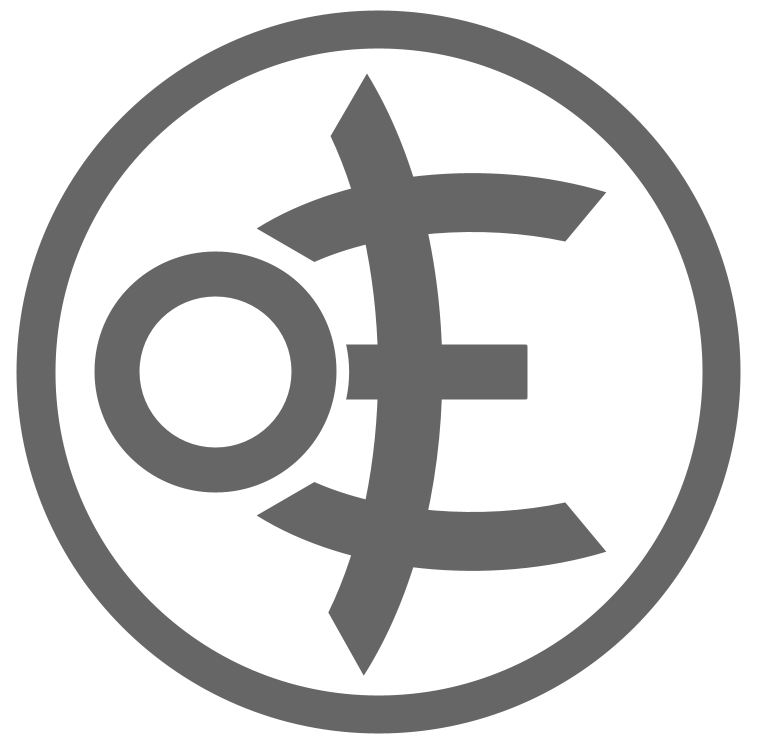

Fascism isn’t an ideology that embraces any tactic necessary.
It’s a tactic that embraces any ideology necessary.
An ideology would come with some vision for a better future. Anti-capitalists want co-ops and sustainability. Feminists want “traditionally female careers” to be respected and valued and compensated accordingly.
MAGAs? You will find such a vision conspicuously absent. A whole lot of, “my opponent wishes to ritualistically drink your child’s blood this coming Halloween.” A whole lot of CRT, and Woke, and transgenderism.
But not a single glimpse of the world they want.







This commenter is weirdly passionate about what kinds of porn Blahaj federates with.